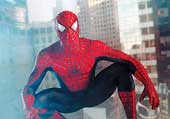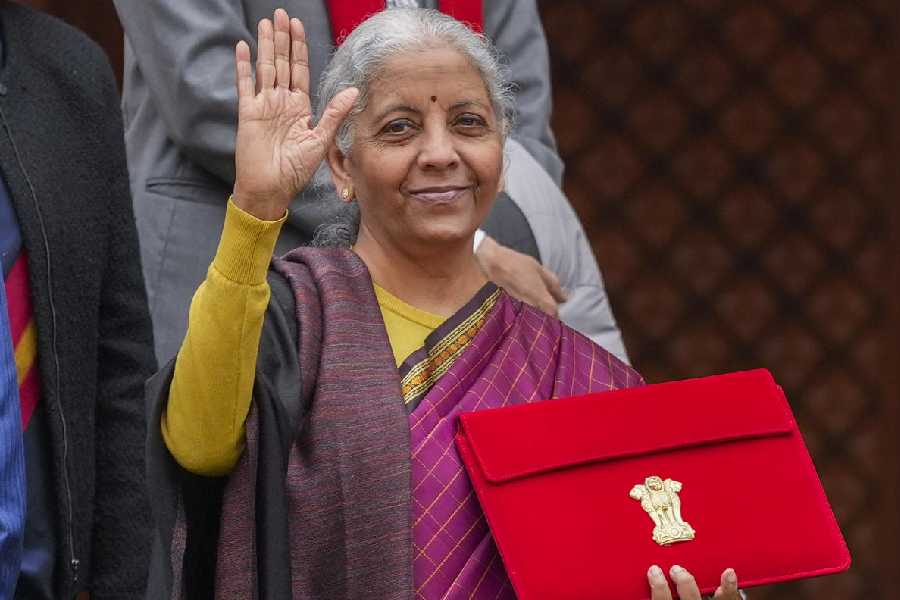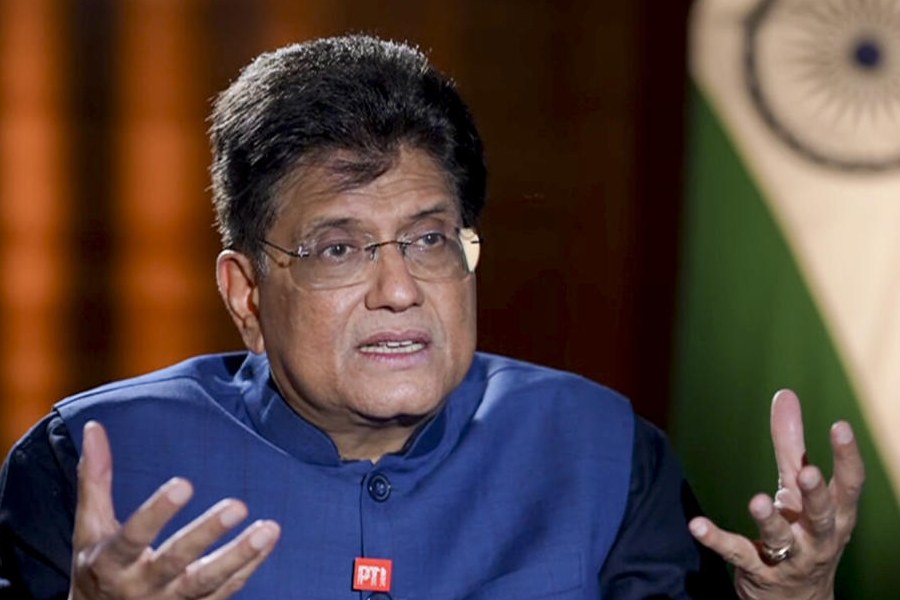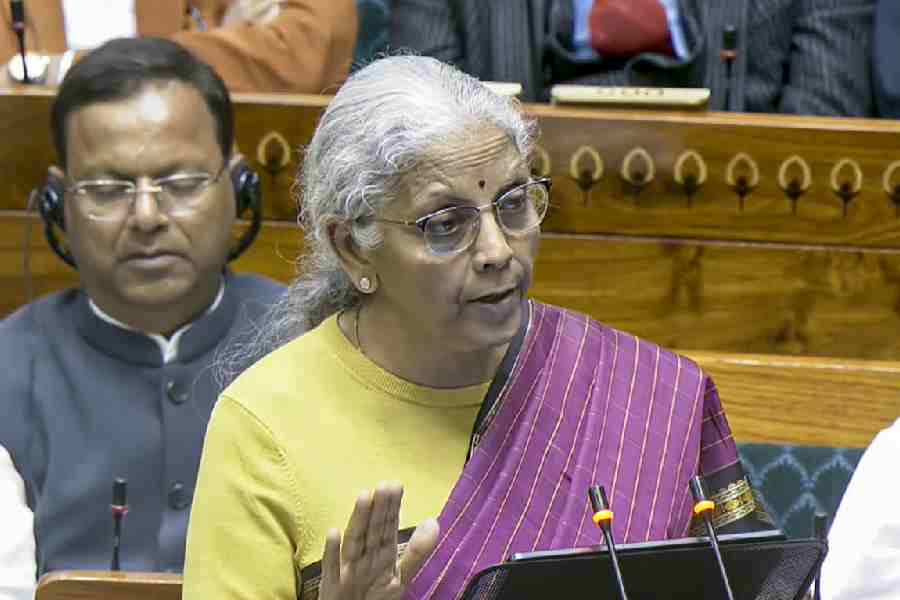 |
| Tobey Maguire in Spider-Man |
What do Shakespeare in Love, The Full Monty, Twister, Amistad, Chicken Run and Karishma – The Miracles of Destiny have in common?
The answer: All have been dragged to court by angry authors who claimed the script was stolen from their own copyrighted works.
Barbara Taylor Bradford’s case against the Sahara megaserial Karishma – The Miracles of Destiny has rocked the entertainment boat in India. Mumbai is known to spin out one rip-off after the other, but apart from critical censure, there is little to end the right-to-copy run.
But what is sensational in Bollywood is routine in Hollywood. After all, Steven Spielberg has gone through it at least thrice, so why not Mumbai movie makers?
In the US, most such suits have been pending in courts for years and no big money has, of late, been awarded.
The only suit in Hollywood that tasted some success — not in court, however — was the one filed by Barbara, this time Barbara Chase-Riboud. And she took on Spielberg, no less, with accusations that Amistad, nominated for the Best Picture Oscar in 1998, was pinched from her book Echo of Lions. A Los Angeles court denied the plaintiff an injunction before the film premiered in December 1997, saying the lawsuit’s success wasn’t certain enough to merit a stay order.
Though neither party admitted to out-of-court negotiations, a settlement was rumoured to have been reached.
Most recently, in May, Steven Spielberg’s DreamWorks was accused of plagiarising Alan Davidson’s 1995 children’s book Escape from Cold Ditch in its animated film Chicken Run. Echoing Bradford’s sentiment that once a work had been lifted it was impossible to legitimately sell it to a film-maker in the same country, Davidson claimed that a Hollywood studio withdrew its offer to turn Escape from Cold Ditch into a film when it learnt of the DreamWorks project.
Spielberg’s production house was again mired in legal action, this time, with a celebrity writer in tow. Best-selling novelist and screenwriter Michael Crichton, his wife Anne-Marie Martin and Spielberg were accused of infringement by writer Stephen Kessler for the blockbuster Twister. The judge, however, ruled against the plaintiff.
One of the most successful films ever, Spiderman, faces — amongst the many lawsuits pending against it — copyright infringement charges. Filmmaker Ted Newsom claimed to have pitched a similar large-screen adaptation of the film years ago to a studio that has since shut shop.
Commercial rivalry — as in the Sahara case — has often been blamed for the high court count before the Oscar race.
The 1998 Best Picture nominee The Full Monty drew similar protests from Andrew McCarten and Stephen Sinclair, New Zealand-based playwrights behind the 1987 play, Ladies Night. Later that year, a Los Angeles court dismissed the case, ruling it should have been tried in England.
Though Amistad’s hopes at Best Picture were said to be dashed by the slight on its creative authenticity, those who levelled similar charges against Shakespeare in Love had less impact. Miramax rubbished the claims, which came just two days before the Academy Awards, saying it was no more than a publicity stunt.
Nevertheless, mystery writer Faye Kellerman is sticking to her guns in the ongoing case, claiming the Best Picture winner stole from her 1989 work The Quality of Mercy.
As Calcutta High Court judge A.. Ray pointed out in his verdict on the Karishma case, the dearth of copyright suits filed in India has limited the understanding of the law protecting intellectual property.
Even if such court face-offs become customary, proving theft of ideas, precedent says, is no less than a miracle of destiny.











